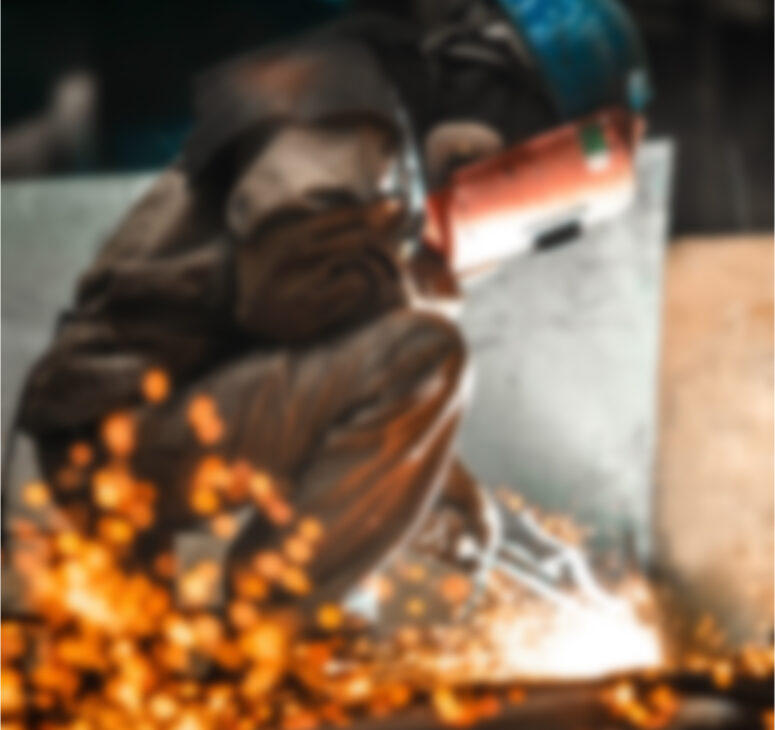As automakers continue to prioritize weight reduction, aluminum is becoming more common in vehicle bodies. From hoods and doors to full body panels, aluminum is everywhere. But what happens when those parts get damaged? That’s where body aluminum welding becomes essential. Unlike traditional steel welding, aluminum requires special techniques, tools, and training — especially for car body restoration.
In this article, we’ll explore how aluminum is used in automotive bodywork, what makes welding it so challenging, and why expert welders — like those at certified mobile welder near me Pegasus Mobile Welding — are critical for long-lasting, professional results.
Why Aluminum Is Popular in Car Bodies
Aluminum has several advantages over steel in car manufacturing:
- Weight: Aluminum is about 30–40% lighter than steel, improving fuel economy and handling.
- Corrosion Resistance: It doesn’t rust like steel, making it ideal for panels exposed to the elements.
- Crash Performance: Properly engineered aluminum structures absorb impact well.
Because of these benefits, manufacturers like Ford, Audi, Tesla, and Jaguar use aluminum for body structures in trucks, sedans, and EVs. But with these benefits come complications — especially when repairs are needed.
The Challenges of Body Aluminum Welding
Welding aluminum is not like welding steel. For auto body panels, these challenges become even more pronounced:
- Oxidation: Aluminum forms an oxide layer almost instantly, which must be removed before welding.
- Thin Material: Car body panels are usually thin, requiring precision to avoid burn-through or warping.
- Heat Sensitivity: Aluminum doesn’t change color before melting — so controlling heat is crucial.
Most car body aluminum welding is done using TIG (GTAW) or specialized MIG techniques with pulse features. These allow for accurate control, clean welds, and minimal distortion — especially important when appearance matters.
What Kind of Aluminum Is Found in Vehicle Bodies?
Automotive body parts typically use aluminum from the 5XXX and 6XXX series:
- 5XXX Series (e.g., 5052): Great for structural strength and corrosion resistance. Often found in hoods or door panels.
- 6XXX Series (e.g., 6061): More machinable and versatile, used in frames, roof panels, and body shells.
Welders need to match filler rods carefully to prevent issues like cracking or galvanic corrosion. This is one reason why aluminum welding should always be performed by specialists who understand alloy behavior.
Where Body Aluminum Welding Is Most Common
We often encounter aluminum welding needs in:
- Hoods and trunk lids
- Fenders and quarter panels
- Door skins
- Tailgates (especially in aluminum trucks)
- EV body structures like those in Teslas and Rivians
In most cases, if the damage is limited — like a crack, tear, or hole — it can be repaired by welding instead of full replacement. That can save car owners significant money and preserve original parts.
Mobile Body Aluminum Welding: A Practical Solution
At Pegasus Mobile Welding, we understand that not everyone wants to bring their vehicle into a shop for aluminum repairs — especially when the damage is localized. That’s why we bring our equipment to you. Our mobile units are equipped with high-frequency TIG welders, shielding gas, and alloy-specific filler metals to handle delicate aluminum body work on-site.
This is especially useful for:
- Fleet vehicles with body damage
- Restoration projects with aluminum panels
- Trucks and SUVs with aluminum body components
To learn more about how we handle aluminum car panels on-site, visit our detailed page on Car Body Welding.
Why Proper Aluminum Welding Technique Matters
Many body shops lack the equipment or training for aluminum welding. Improper repairs can lead to:
- Weak welds that crack later
- Visible deformation or burn-through
- Oxidation issues if the weld isn’t properly shielded
When done correctly by trained professionals, aluminum welds can be just as strong as the original material. We carefully prepare the surface, choose the correct filler alloy, and use inert gas shielding (argon or helium blends) for every weld. Whether you’re dealing with cosmetic or structural damage, clean, reliable aluminum welding restores both strength and appearance.
Conclusion: Trust the Experts in Mobile Body Aluminum Welding
Aluminum is here to stay in the automotive industry — and repairing it requires more than a standard welder and a spool of wire. At Pegasus Mobile Welding, we specialize in body aluminum welding for cars, trucks, and specialty vehicles. With mobile convenience, advanced tools, and deep knowledge of aluminum alloys, we ensure every weld meets safety and cosmetic standards.
Whether you’re restoring a luxury vehicle or just want to fix a cracked aluminum panel without replacing the whole part, our team is ready to help. Get in touch today to schedule a quote or ask about our mobile welding services near you.
Learn more on our dedicated Car Body Welding page or contact certified mobile welder near me to request a consultation.


